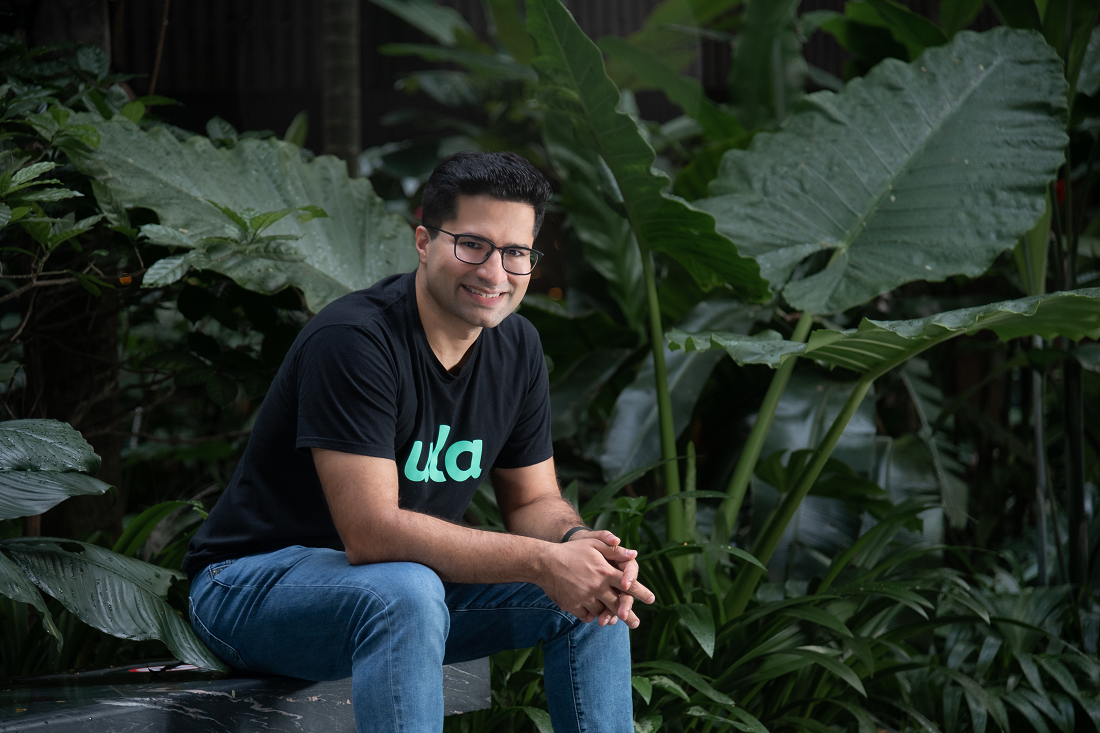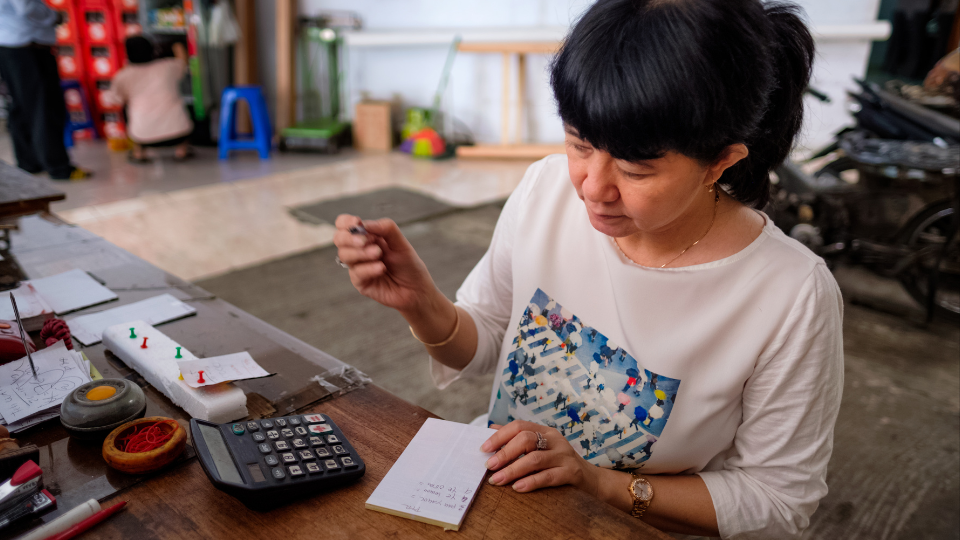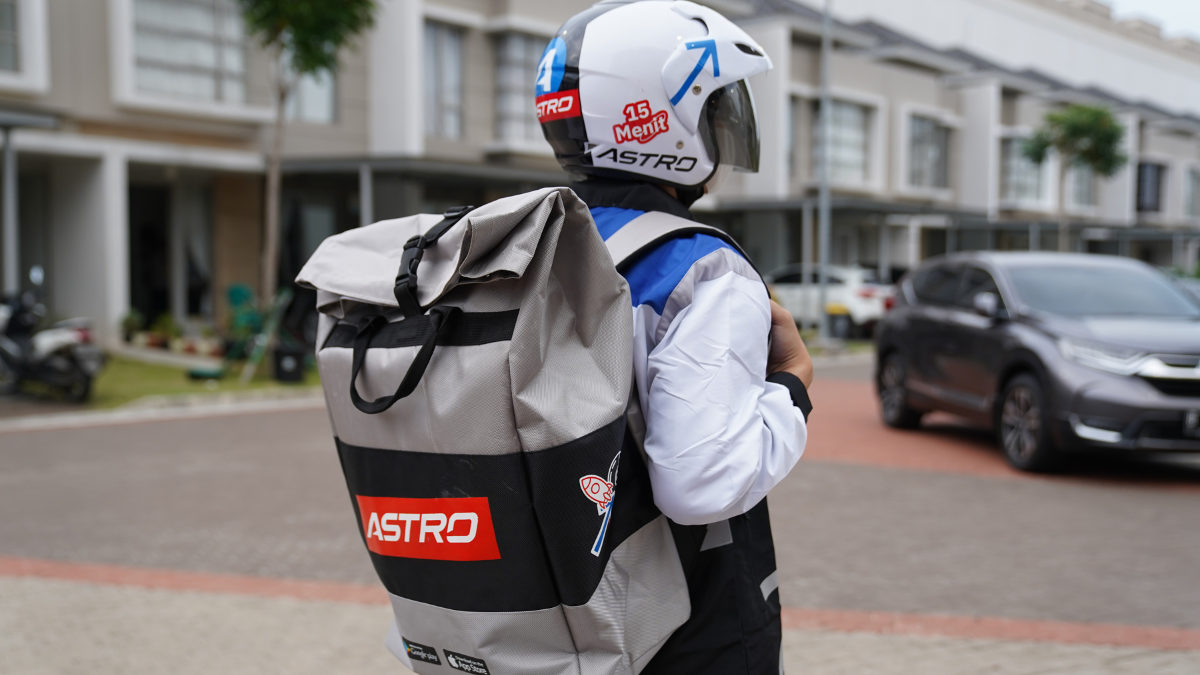Ula and Bukalapak on inventory and digitalization for MSMEs
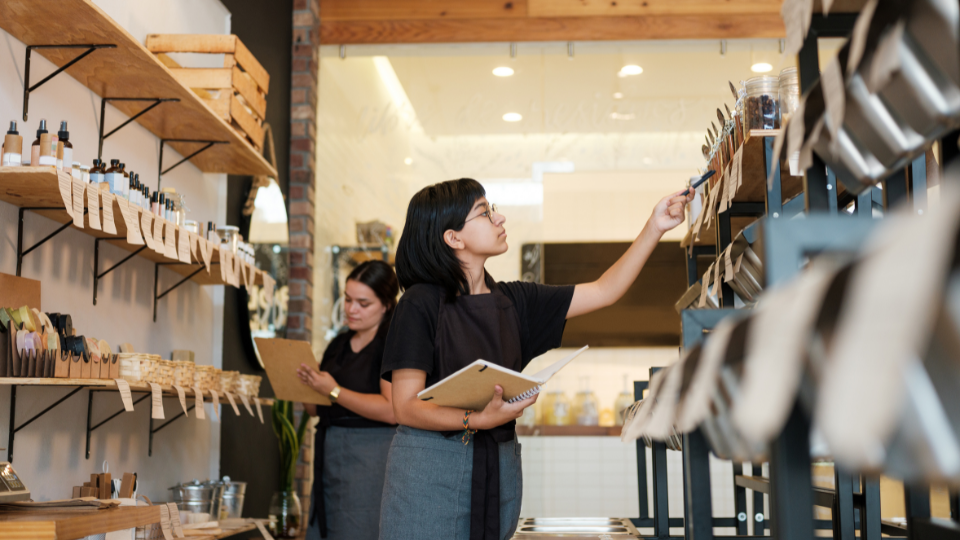

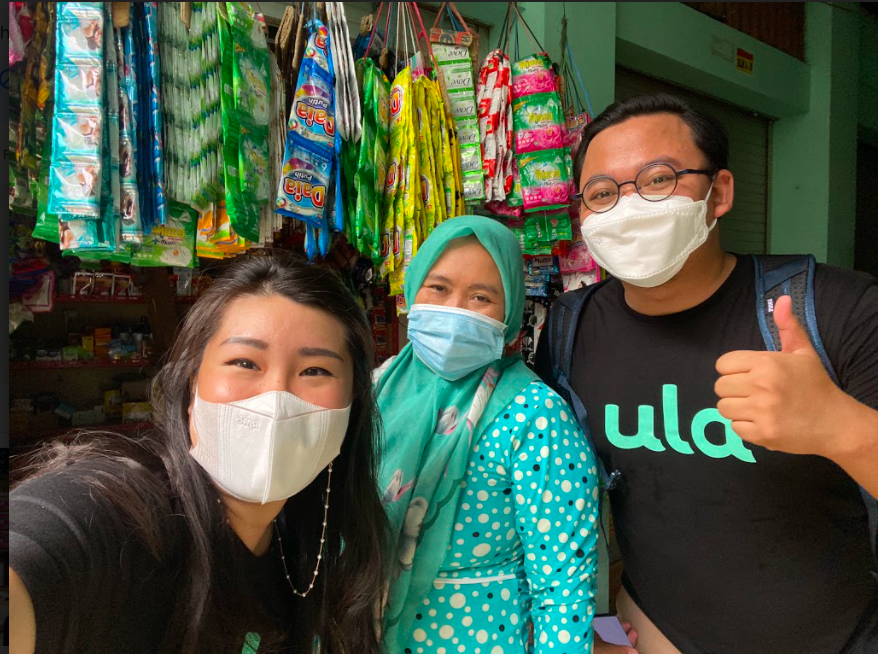

Ula and Bukalapak on inventory and digitization for MSMEs
The transcript below has been condensed and edited for focus and clarity. Leighton: Nipun, can you tell us about Ula’s progress and changes since November 2021? Nipun: Since that time, we have been focused on penetrating deeper into the regions we were already in, instead of growing into new regions. We have been working to build density in our customer base, which has resulted in considerable growth for Ula. We have been able to do this without increasing our salespeople and by optimizing logistics costs through group deliveries. We have uncovered interesting trends and insights, such as the presence of smaller brands in local markets and the long tail of product demand in smaller cities. Leighton: What types of credit facilities does Ula offer to MSMEs in Indonesia, and how do you determine creditworthiness? Nipun: We do not do lending, but rather offer payment terms to micro-entrepreneurs. Payment terms are fairly standard in any market, but in a way, they help us identify responsible customers. We use proprietary data to differentiate good customers from bad ones. We can tell from app browsing patterns, how many products they view, what time of day they open apps, and how many orders they’ve placed. Once someone starts to look somewhat creditworthy, we start them off on a small limit. Over time, as customers prove their responsibility, we extend the limit and the number of days for repayment. Leighton: How does Ula serve small stores? Nipun: We focus almost exclusively on small stores. These stores are often located in areas that are hard to reach, and access to credit and logistics is limited. To serve this segment, we use technology to optimize logistics and delivery. We have developed a unique innovation of pickup points on cash-on-delivery orders. We pool together the demand of small stores and drop the order off at one pickup location, which is convenient for the customers to collect their goods. Leighton: How does Ula deal with the challenge of serving small stores that have low-end smartphones with limited memory and processing power? Nipun: We engineer for these situations. We have designed a light app that is easy to use and can be optimized across different configurations. We have also optimized our routing algorithms and salesforce efficiency. We have taken a long-term view of the business and have identified the most important things we need from technology to serve this segment. Leighton: So Teddy, can you give us a bit of backstory on Mitra Bukalapak? Teddy: As most folks will know, Bukalapak started as an e-commerce marketplace, but we soon realized that financial inclusion was low beyond tier-one cities, so we partnered with millions of traditional convenience stores to offer virtual products and financial services. We made mom-and-pop kiosks stickier by helping them make more money, and we now have almost 15.2 million registered Mitra. Leighton: What are your thoughts on broadening economic inclusion in Indonesia? Teddy: Things like inventory financing and distributor payments are not rocket science. We partner with almost 400 local warehouses to reach outside tier-one cities. We listen to our customers and ask them what they need. Leighton: Can you give us some insights into Mitra Bukalapak’s growth and geography? Teddy: The distribution of Mitra in Indonesia is largely determined by population density. Java and Sumatra have the highest Mitra density due to their high population density, while other areas have lower densities. Mitra are found throughout the country, but their distribution is uneven due to the spread of the Indonesian population. Leighton: What are the milestones that you are hoping to achieve? Teddy: We’re proud to already be empowering our Mitra to offer unique things to their communities such as mobile game vouchers and debt notes. Our next milestone is to build on our infrastructure and leverage the strength of our inventory. We will roll out more specialty verticals by leveraging Bukalapak’s online business. Get the full episode for free on Spotify, Apple, and Google.See also: How Ula simplifies the supply chain for Indonesia’s MSMEs
AC Ventures and Boston Consulting Group release the definitive report on Indonesia’s booming fintech sector



